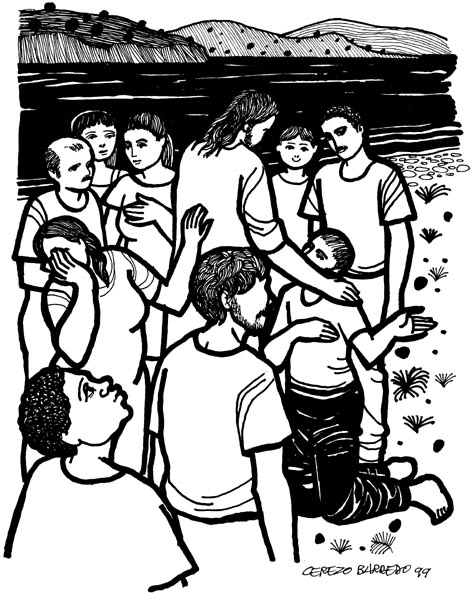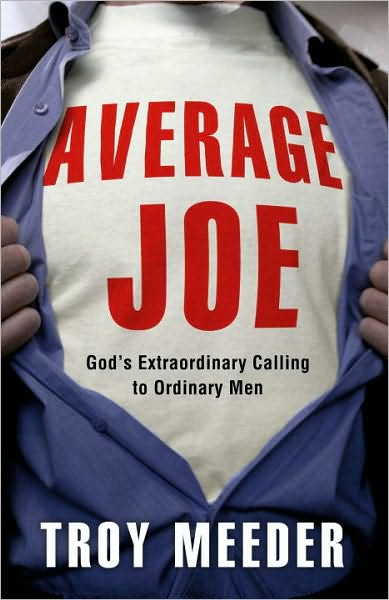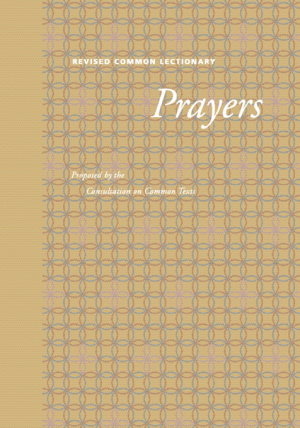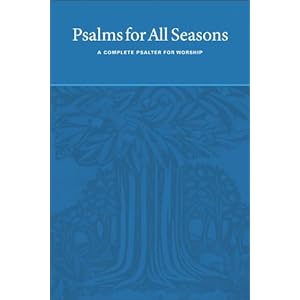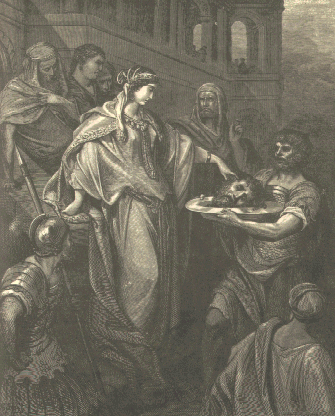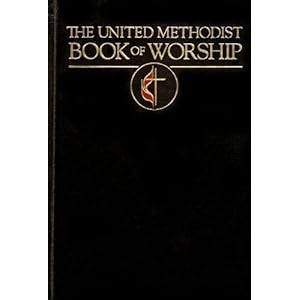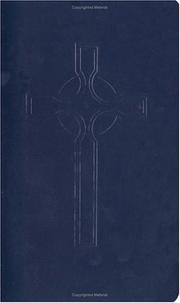ACTIVE
FAITH
Imagine this. You
are following a car. It is a large suburban, circa 1983. It is rusted out, and
it is belching out black smoke as it goes down the road. As you are following
the car, occasionally candy wrappers and beer cans come flying out of the
window. Maybe this would bother you. Maybe it would not.
But now I want you to imagine something else. Plastered
all over the bumper and back windows are statements like this:
REDUCE, REUSE, RECYCLE
LOVE YOUR MOTHER (WITH A PICTURE OF THE EARTH ON IT)
GO GREEN
GIVE A HOOT, DON’T POLLUTE
STOP GLOBAL WARMING
Now this would cause you to pause and ask some serious
questions. Why? Because the behavior of the people based on the car they are
driving, the maintenance it needs, and the behavior of the passengers in the
car don’t match the beliefs that they advertise on their bumper stickers.
Sounds kind of silly doesn’t it?

Or maybe you are looking to get into shape. You call
around and talk to several trainers. One person sounds especially positive and
enthusiastic. He talks about the importance of exercise, of proper diet and
nutrition, and of the kind of mental discipline it is going to take for to be
the kind of person you want to be.
Then you show up to the gym and meet your trainer. He
looks like he has not said no to a potato chip in years, he gets out of breathe
walking across the room to meet you. He may be a great guy, but someone who
does not live what he teaches is not necessarily the guy you want to coach you
about how to get into good physical condition.
You see, when someone speaks about their passionate
belief about something, we don’t just expect to hear well-spoken words about
what they care about, we expect to see their actions back up what they say they
believe to be true. When we don’t, we ask questions. We wonder about the
authenticity of that individuals belief. We also wonder about whether their
convictions are worth believing in if people who advocate those ideas do not
even live them themselves.

Do you remember why Pat Buchanan lost in his primary
challenge about 20 years ago? Pat Buchanan was talking about the importance of
having trade policies that support the American Auto Workers. He was saying
that he was a strong believer in American cars, and that we should work hard to
keep the industry viable. Then someone decided to follow him around. What did
he have? A Mercedez-Benz. His campaign ended quickly. Why? People started to
believe he was a hypocrite.
What is true about environmentalist convictions and ideas
about health care and car purchases is even more true about what we say we
believe about matters of faith. We can say that we believe something, but if
our beliefs are not accompanied by our actions, our words ring hollow, and even
perhaps false and hypocritical.

This insight, this truth, challenges us in a lot of ways.
It challenges what our ideas of faith and belief are. And for some of us, it
might appear to contradict our understanding of “grace” and its importance in
our lives.
James could not say it more plainly, “faith without works
is dead”. He also says this, “Show me
your faith without your deeds, and I will show you my faith by what I do”. In
doing so, he echoes what Paul says in Ephesians 2:10, where Paul says that we
were saved by grace through faith so that we could “do good works, which God
has prepared in advance for us to do.”
The question then becomes, how do we live this active
faith, this faith that acts as a result of what it believes? How do we
understand our lives if we live by faith in Jesus, but we struggle to do what
is right?

These are not easy questions. It is why Luther hated the
book of James so much, calling it “a straw epistle of works righteousness.”
Of course, I think Luther is wrong. James, as I have said
before, is about having a faith that has integrity, where what is on the inside
matches what is on the outside, and where what is said as truth with one’s
mouth, also makes its way into our hearts.
James begins by continuing the example of the people in
our midst that are on the outside looking in at church, the people who nobody
would ever vote in for a leadership position. The people who we don’t think
belong.
In this case, a brother or sister in Christ mentions that
they are struggling financially. As a matter of fact, they mention that they do
not have enough food to eat. Their clothes are threadbare and tattered and
about to fall off of them. What do you do?
Some f olks answer might be, even when they have some
extra clothes and they could invite the person over for dinner…you know what we
need to do about this situation…PRAY.
olks answer might be, even when they have some
extra clothes and they could invite the person over for dinner…you know what we
need to do about this situation…PRAY.
 olks answer might be, even when they have some
extra clothes and they could invite the person over for dinner…you know what we
need to do about this situation…PRAY.
olks answer might be, even when they have some
extra clothes and they could invite the person over for dinner…you know what we
need to do about this situation…PRAY.
Then they would pull you aside, and say, we need to pray
about that. And they would sound very holy. Very pious. And then you would pray
with them. And they would be done with you. Of course you always want prayers,
but what James is saying is that mere words are not enough. If you really have
faith in something, it will urge you to action as well.
What is James’ point in this little parable, which he
probably saw repeated quite often in churches? It is that we can talk a good
game in church, and even give intellectual assent to the truth of Jesus Christ,
but if we don’t live Jesus, it doesn’t matter whether we agree with the idea of
Jesus. Faith is an action word. An active trust in a living truth.
That is why he says that the devils believe, and tremble.
He is saying that the minions of Satan know the facts about Jesus to be true,
but they have never surrendered their lives to Him. We can know the facts of
Jesus to be true as well, but if those facts never weave their way into how we
live our lives, they don’t mean anything. As I said, faith is an active trust
in a living truth.
James gives two other examples. He shares Abraham’s
willingness to trust God with his promise, even if it meant God told him to
sacrifice Isaac, his son. Then he talks about Rahab harboring the Hebrew spies
in her home. In each case, the person’s faith was proven by their actions.

This is the way it should work for all of us. If we
really believe in Jesus, it should make a difference in our actions, our
temperament, in how we live, and how we die.
For too long, especially those of us who consider
ourselves evangelical, we have come to understand grace, as Dietrich Bonhoeffer
said in his book the “Cost of Discipleship”, as cheap grace. That somehow by
agreeing to a creed, or being baptized into a church, or saying a certain
prayer at some point in our life, that we have gotten a get out of jail free
card, and that is all we need in our Christian life to get by. James says if
that is our idea, we just don’t get it. If we live by faith (and faith is an
action word), then works will follow.
God, when he calls us to be his disciples wants to give
us true life, full life, new life. He does not want us to just put a new mask
on an old corpse, and say that we are alive again. He believes that if we truly
believe in Jesus that our lives will look different. More vibrantly, truly
alive. Our actions will show what we believe.
So many so-called Christians settle for some piecemeal,
powerless Christianity that has no basis in Scripture. And so, they have a few
ideas and a few friends that are moral, but their lives never really have
power, never really see growth, never really experience the power of
deliverance and new life. If that is you, you might need to ask, have I
surrendered my life to Christ, or have I just intellectually assented to some
ideas about the universe. Intellectual assent will not find you eternal life.
Surrender to Christ will.
Your life before Jesus and after Jesus should look
different, and you should continue to see growth in Christlikeness in your
life.
To go back to our original example…
Lets not be the kind of person that calls themselves a
Christian and is driving down the road 20 mph over the speed limit, with music
blaring out our window in which every other word is a cuss word, smelling of
marijuana smoke as our car goes by, honking our horn at everyone in our way and
then have a whole bunch of bumper stickers that say things like:
IN CASE OF RAPTURE, THIS CAR IS UNMANNED
MY GOD IS A CARPENTER’S SON
JOHN 3:16 or
JESUS IS MY CO-PILOT
You know what I am saying?
If you really believe something, James is saying, your
actions will follow what you believe.
It is like if I asked someone to come up here and sit
down. They sit down on this chair I have because they believe that the chair is
there, and their actions clearly follow their belief. If they did not trust me,
or did not trust the chair, they would be more cautious, perhaps they would
look where they were sitting before they sat, or perhaps they would say, “No
thanks, I would rather continue standing up.” True faith in accompanied by
action.
This begs the question then, if faith must have action,
then are we really back under the law, and talking about works righteousness
and earning your salvation then?

And my answer is, no we are not.
Neither Abraham, Paul, Rahab, or James were perfect after
they came to faith, or even after this book was written. They still were human
people with human struggles and human issues. None of us is sinless.
But, for believers, if we are truly born again, there is
some sense in which God is working in our life, and our lives have taken on a
new trajectory because our beliefs, if they are real, have worked their way out
of our minds and thoughts, and into our lives and actions.
If our lives do not demonstrate the fruit of the Spirit,
love, joy, peace, patience, kindness, gentleness, etc…then we need to ask, am I
playing church or have I surrendered my life to Christ.
If our faith does not make its way into our action, we
have to begin to ask ourselves, do I really believe this teaching that I say I
do. Because if you really place your faith in something, actions will
necessarily grow out of that faith.
I hope you can hear the good news of this passage. We are
not left alone by God. We are not simply saved and put on a shelf. But if we given
our lives to Christ the Holy Spirit
takes up residence in our lives and transforms us into the likeness of Jesus.
God’s good news is better than expected. Not only does he
love us the way we are, he loves us enough not to allow us to stay that way. He
loves us enough to use us and grow us and change us, in spite of our
sinfulness. Our job is simply not to fight against him. And to understand that
although grace is opposed to works-righteousness, it is not opposed to effort.



